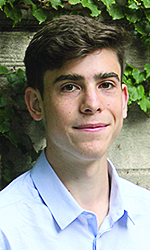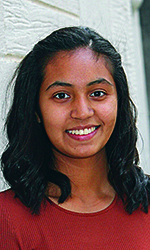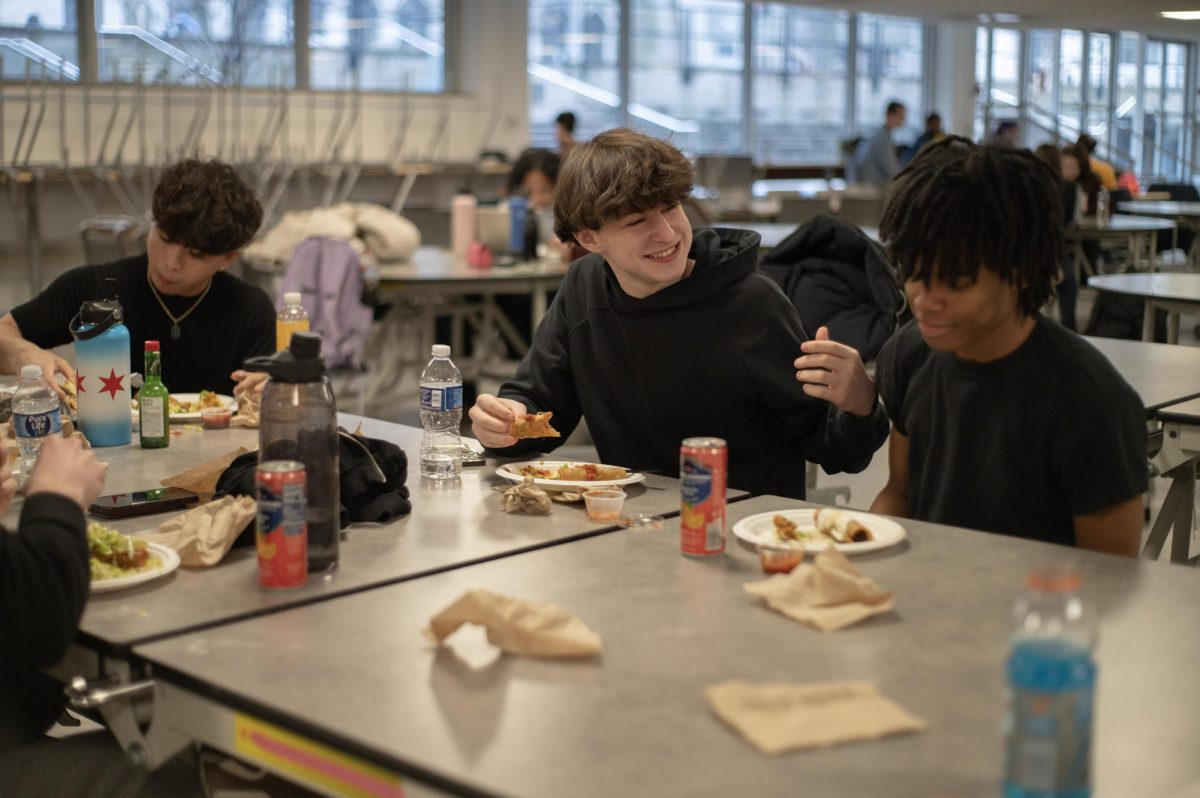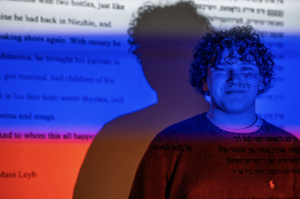Cultural clubs struggle to recruit members
Leaders cite event planning difficulties, lack of representation
March 8, 2018

Despite the growing number of students in the high school, clubs like Muslim Students’ Association and Latinos Unidos have found difficulty in gaining members, causing residual problems which result in fewer events and less attention to the club.
Senior Luis de Pablo, a member of Latinos Unidos, believes the coordination in terms of timing, available spaces and incentives as some of the barriers that prevent groups like Latinos Unidos from creating events to incorporate students outside of the club to attend events.
In addition, clubs like Asian Students’ Association and Black Students’ Association have annual established events such as the Lunar New Year celebration and Martin Luther King Day Assembly. But for Latinos Unidos, creating new events comes with more difficulties.
“There’s a lot of bureaucracy to get there,” Luis said. “You have submit things to people, you have to get it approved, and they tell you there’s a limit to how many posters you’re supposed to put up, stuff like that. And from the student body, people don’t go to events unless you give them a really good reason to, even if you them free food and stuff, people won’t always necessarily show up.”
Dean of Students Ana Campos suggested that if a club is facing difficulty on planning events and gaining members, they could reach out to her or the clubs faculty sponsor in coming up with new ideas.

Latinos Unidos President Briana Garcia, a senior, explained that although the club holds important discussions during meetings covering topics such as whitewashing and the pronunciation of names, the lack of membership prevents many of the issues to be heard by students outside the club.
Briana acknowledged that the student body does not have many Latino students.
“I feel like there’s a lack of representation of Latino students at school and because of that, a lot of people aren’t really concerned with our community,” Briana said.
While some clubs constantly host events to engage with the school, Ms. Campos believes that hosting events and having a large membership don’t necessarily define a club.
“I don’t think a club has to be big,” Ms. Campos said, “I think they just have to define for themselves what they want to be. Some clubs are perfectly comfortable having conversations amongst themselves on a weekly basis around whatever the issues are, and then other clubs really like to put something out there for the whole community and engage with people around different topics.”
MSA also draws on a small student population. Additionally, the club must meet on Fridays to pray, adding another level of difficulty to gaining members.
Because Fridays are a popular time for most clubs to meet, MSA President Sahar Siddiqui believes the main issue the club is facing is scheduling.
MSA has not gained any new members, leaving the club smaller than last year due to those who graduated.
Recognizing this issue, MSA hopes to incorporate more students next year.
Ms. Campos also had some suggestions to help clubs acquire more attention.
“The primary way for a club to bring attention to themselves is to remind everyone that they are out there and inviting them to conversations around topics that they are having, or planning an event or a program that they’re doing,” Ms. Campos said. “If there’s not that many people in a club, you can still think about if there is a prompt or a question that you want to have other students discuss, you can still organize that and invite people to come.”






























































